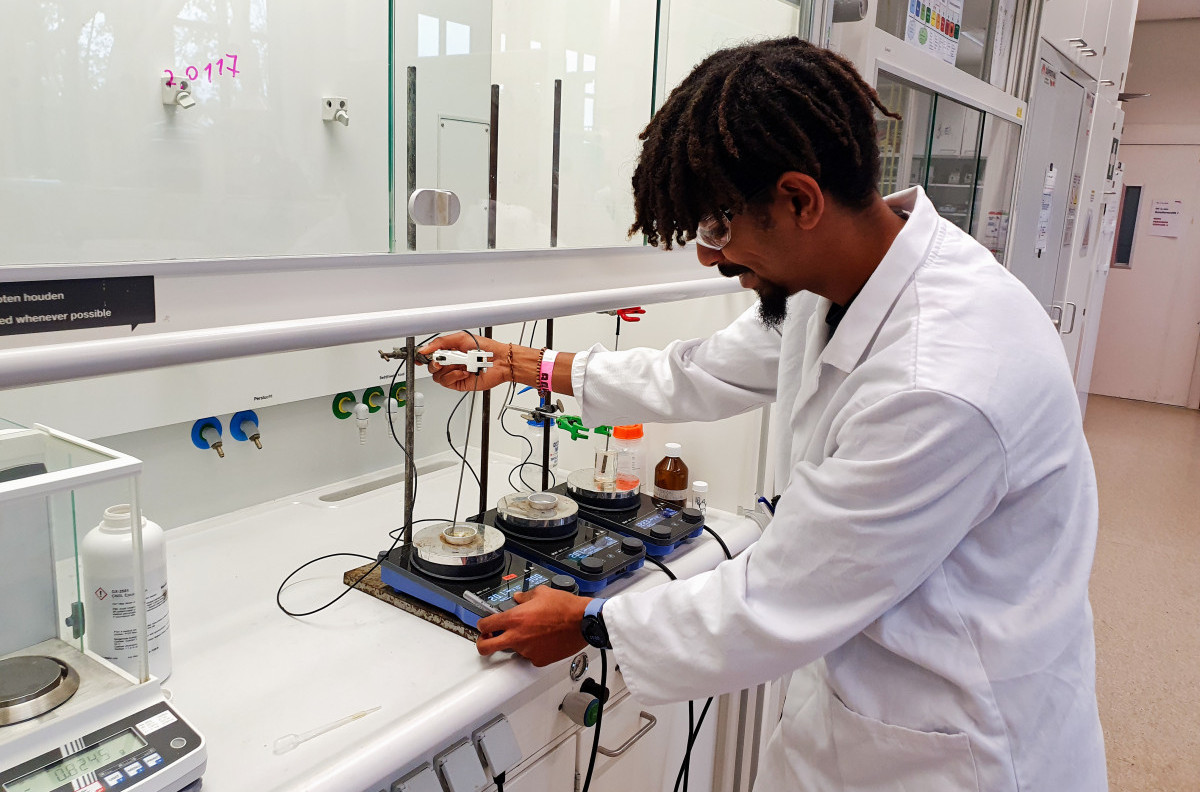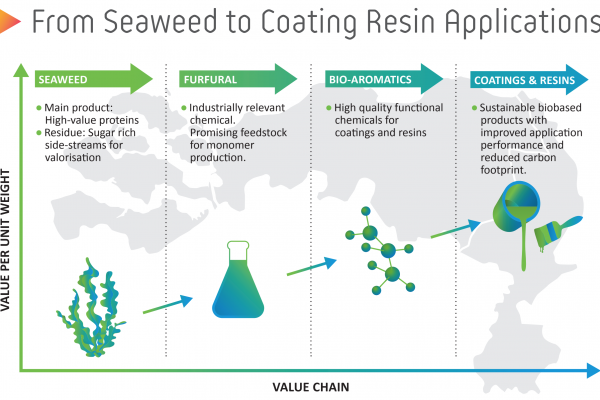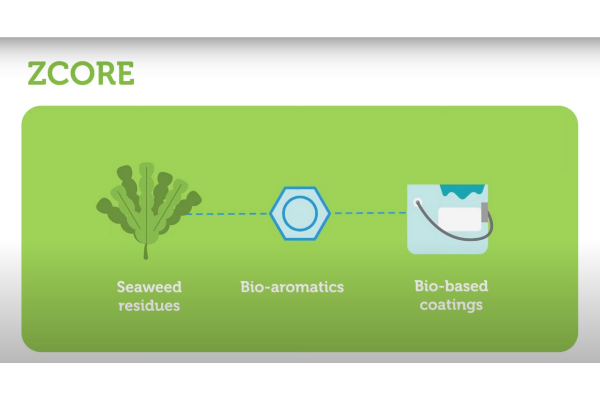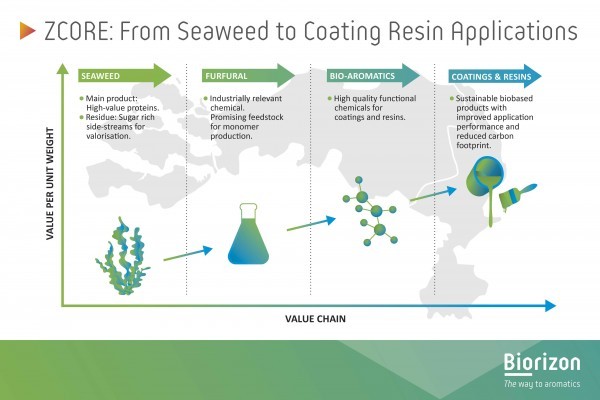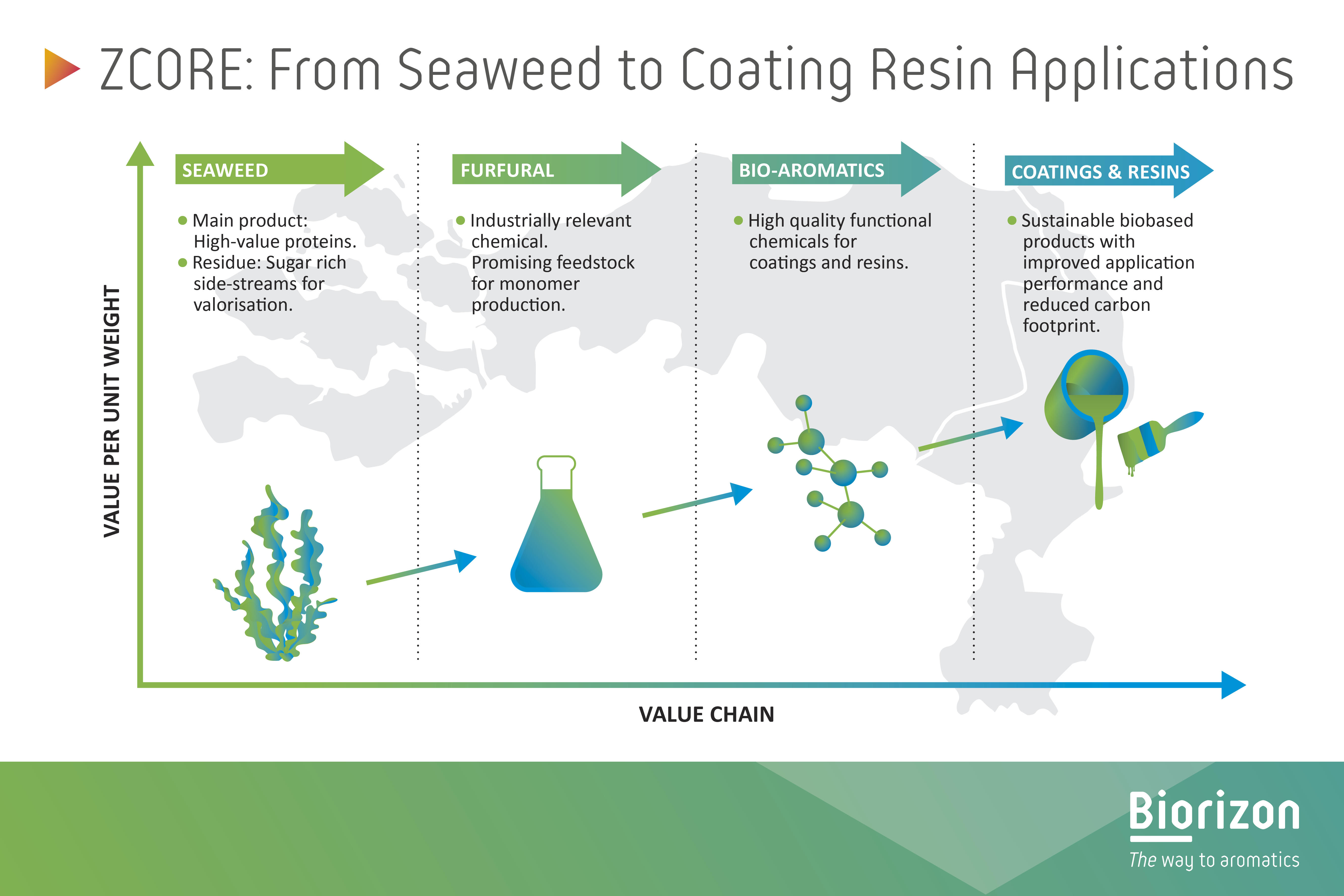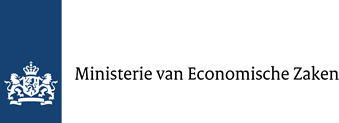News
16-11-2022
Students and researchers working with seaweed residues in ZCORE project
ZCORE project partner Centre of Expertise Biobased Economy from Avans Hogeschool interviewed researcher Moctar Coulibaly about the cooperation between students and researchers in the ZCORE project that aims to demonstrate that seaweed residues can be utilized for the production of biobased coatings with superior application properties.
Seaweed is known to contain many valuable substances. What is less known is that even the residual streams are an excellent raw material. Biorizon's ZCORE project investigates how seaweed residue streams can be used to produce bio-coatings and resins. But are these bio-variants as good as their fossil counterparts, or are they perhaps even better? Researchers and students from Centre of Expertise Biobased Economy (CoE BBE) are working with partners on this question. And with success!
Please watch the video:
Sugars from residual streams of algae can be converted into bio-aromatics. Of all chemicals produced by the chemical industry, 40% are aromatics. Aromatics are used in plastics, paints, additives such as UV stabilisers and pigments, fibres, cosmetics, pharmaceuticals and food ingredients such as vitamins, colourings and flavourings. Aromatics are now mainly extracted from petroleum and this negatively affects the climate. Therefore, finding renewable raw materials such as seaweed is urgent. This is the reason why CoE BBE is active in the ZCORE project. Other project partners are TNO, Green Chemistry Campus, Maastricht University, Engineering Chemicals and Relement.

Applications with seaweed aromatics
Within CoE BBE's Biobased Building Blocks & Products lectorate, the behaviour of bio-aromatics compared to fossil aromatics has been investigated for several applications. CoE BBE focuses here on plasticisers, dyes, polyester, unsaturated polyester resin, epoxy resin and enteric coatings. Moctar Coulibaly, researcher at CoE BBE has been studying the use of bio-aromatics. "I was mainly concerned with testing the properties of the material to be made. After how much time is it cured? How does it react to cold and heat? I compared those results with the properties of materials based on fossil aromatics." According to Moctar, the results are already promising and there are enough indications that the bio-variant has a lot of market potential"
200 students were introduced to ZCORE
Moctar started as an intern on the ZCORE project, but has since joined CoE BBE as a researcher. "I find the collaboration with different companies in this project very interesting. Each partner has its own task, but together you make an impact. I think we make a nice contribution to that and that feels good." Moctar is not the only (former) student who has collaborated in ZCORE. A total of eight students have conducted full-time research in this project. In addition, around 30 students have collaborated in ZCORE through a project they carried out within a specialisation they chose.
Arnold Nijhuis, teacher-researcher at CoE BBE: "It is great fun to see new students working on the project all the time. Each group has a different approach or view on the situation, which only benefits the result. Students working in the lab also see other students working on different projects, that interaction is valuable."
In addition to the students who actively participated, there is also a large group who attended presentations/lessons on the project. That makes over 200 students have been introduced to the ZCORE project. Students are the professionals of the future; through their involvement in ZCORE they have been introduced to the possibilities of replacing fossil raw materials with renewable seaweed. A great result from CoE BBE.
The ZCORE project will end in March 2023. The good news is that there are already intentions to continue certain collaborations in the project with the aim of applying the technology on a large scale within a few years.
Contact & Acknowledgements
For more information about the ZCORE project, please contact Biorizon’s Sugar Horizon Manager Paul Könst, at paul.konst@tno.nl or +31 (0) 6 25 04 13 79.
The ZCORE project is co-financed by the European Regional Development Fund and the provinces of North Brabant, Zeeland and Limburg under OPZuid.

Source: Biobased Update Centre of Expertise Biobased Economy (page 4, in Dutch)
Photo: Moctar Coulibaly, researcher CoE BBE
